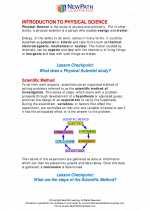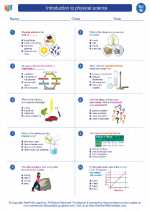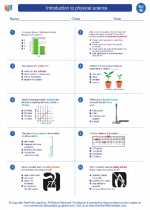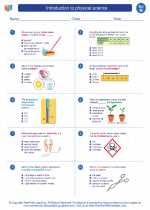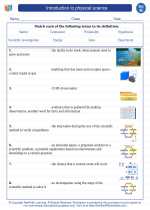Introduction to physical science -> acceleration
Acceleration
Acceleration is the rate of change of velocity over time. In simpler terms, it's how quickly an object's speed or direction changes.
Formulas for Acceleration
There are two main formulas to calculate acceleration:
- Acceleration = (Change in Velocity) / (Time taken)
- Acceleration = (Final Velocity - Initial Velocity) / (Time taken)
Units of Acceleration
The standard unit of acceleration is meters per second squared (m/s2).
Types of Acceleration
There are different types of acceleration, including:
- Linear Acceleration: Change in speed along a straight line.
- Angular Acceleration: Change in rotational speed or direction.
- Radial Acceleration: Change in direction of velocity in circular motion.
Study Guide
Here are some key points to remember when studying acceleration:
- Acceleration is a vector quantity, meaning it has both magnitude and direction.
- Acceleration can be positive (speeding up), negative (slowing down), or zero (constant velocity).
- Understand the difference between average acceleration and instantaneous acceleration.
- Practice using the acceleration formulas to solve problems.
- Be familiar with real-world examples of acceleration, such as car acceleration, free-fall acceleration, and projectile motion.
